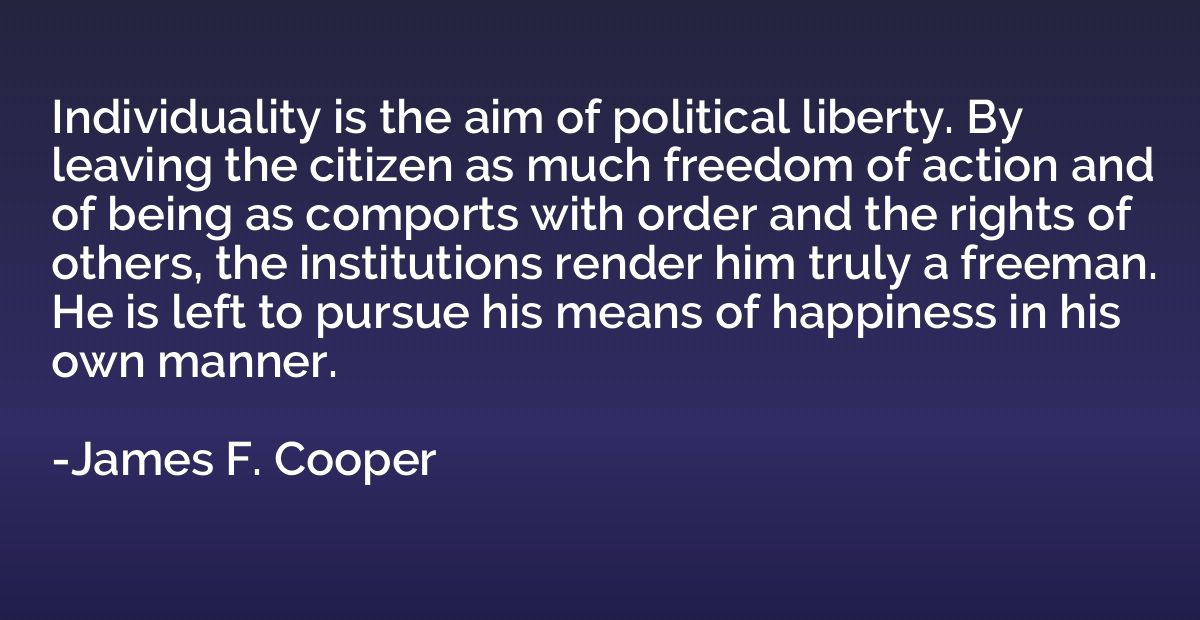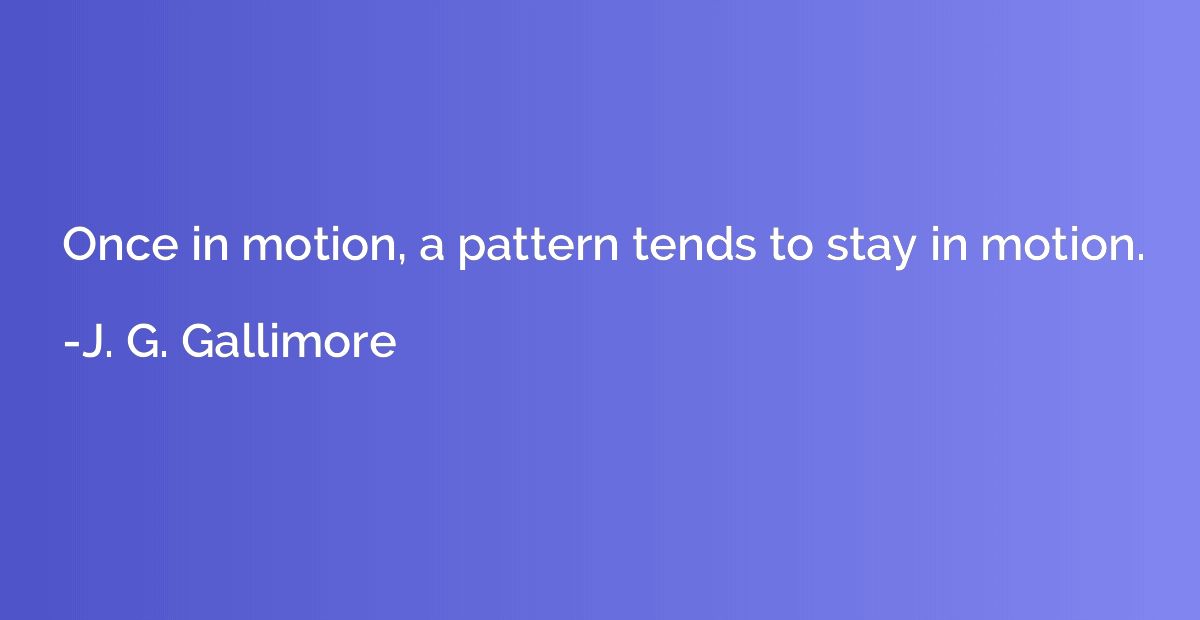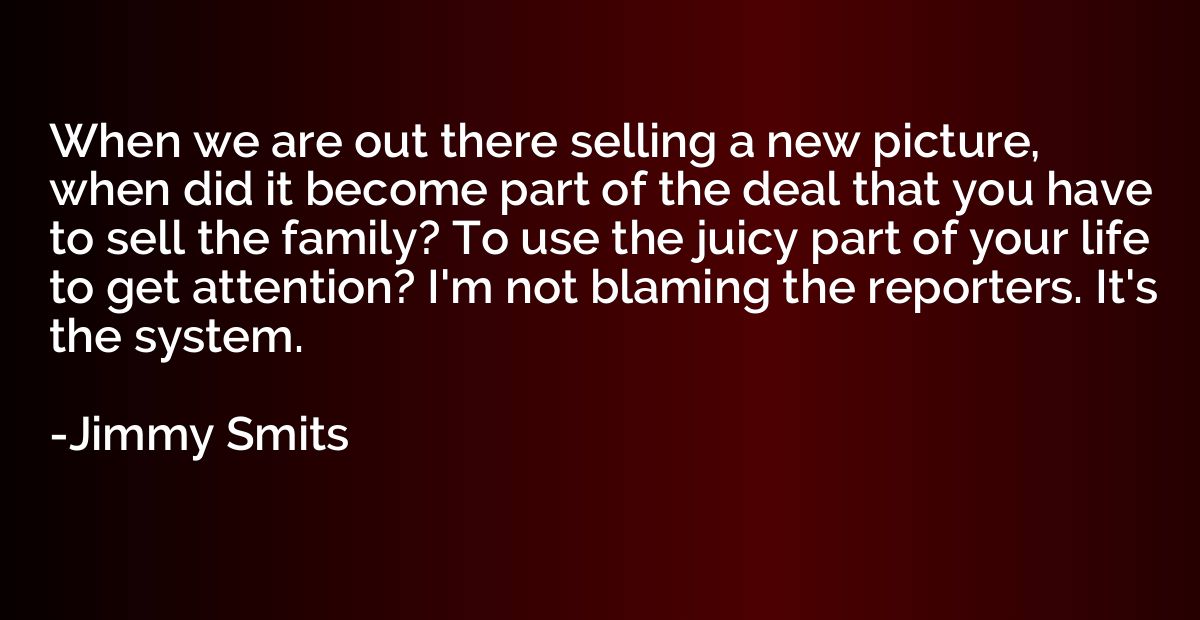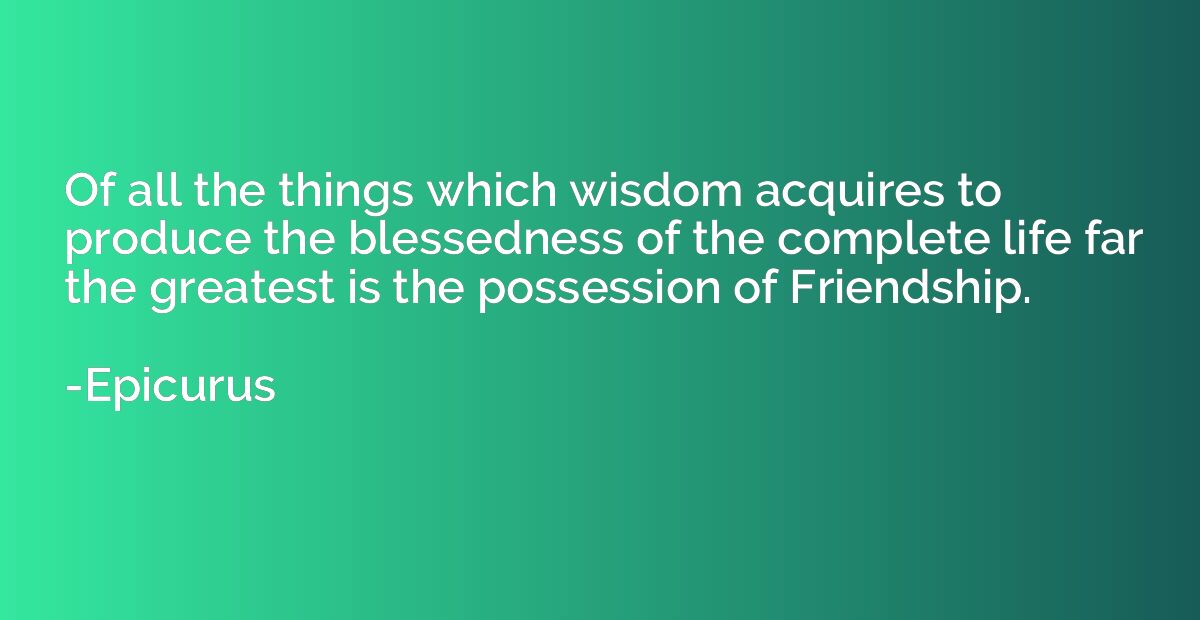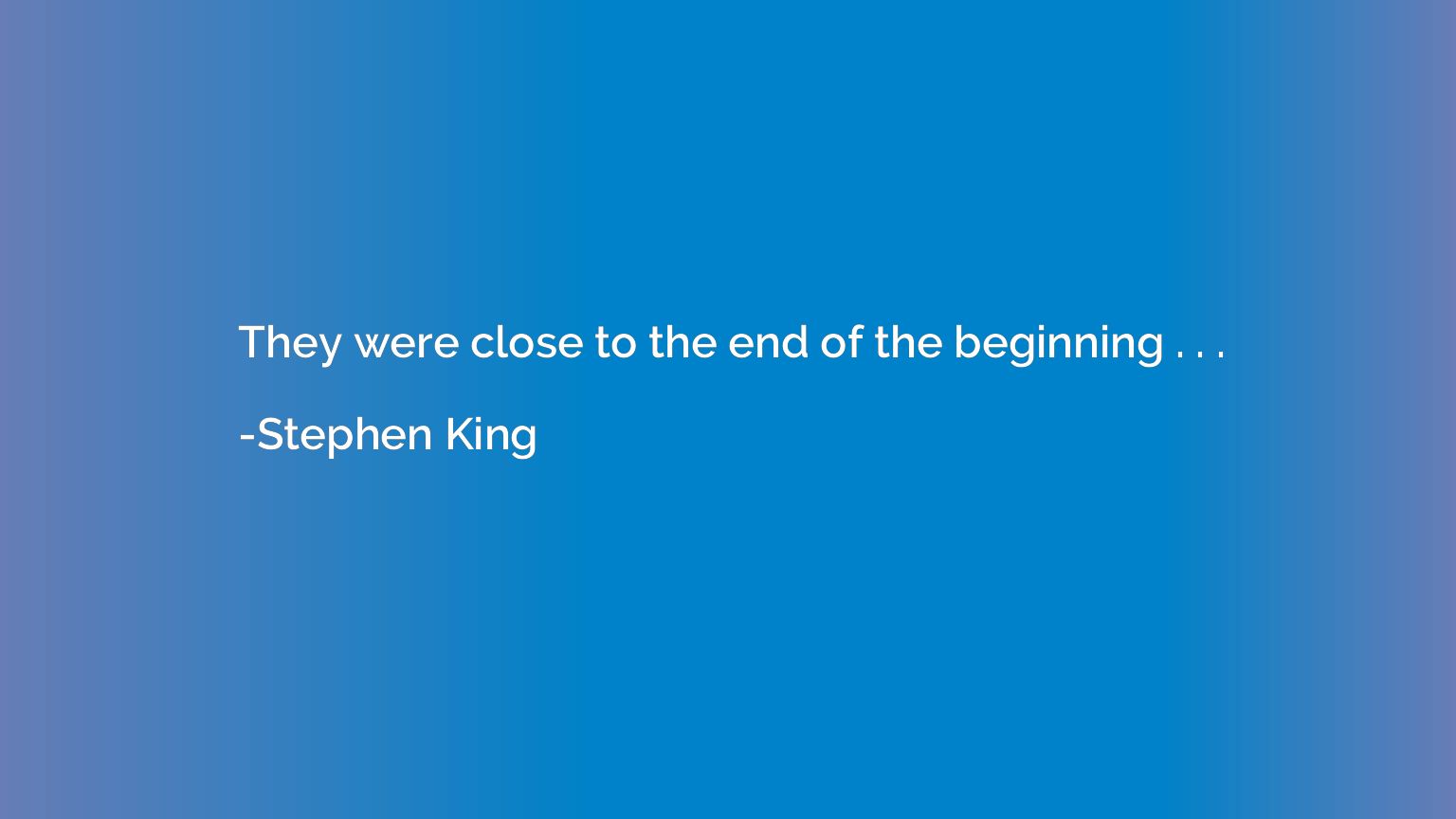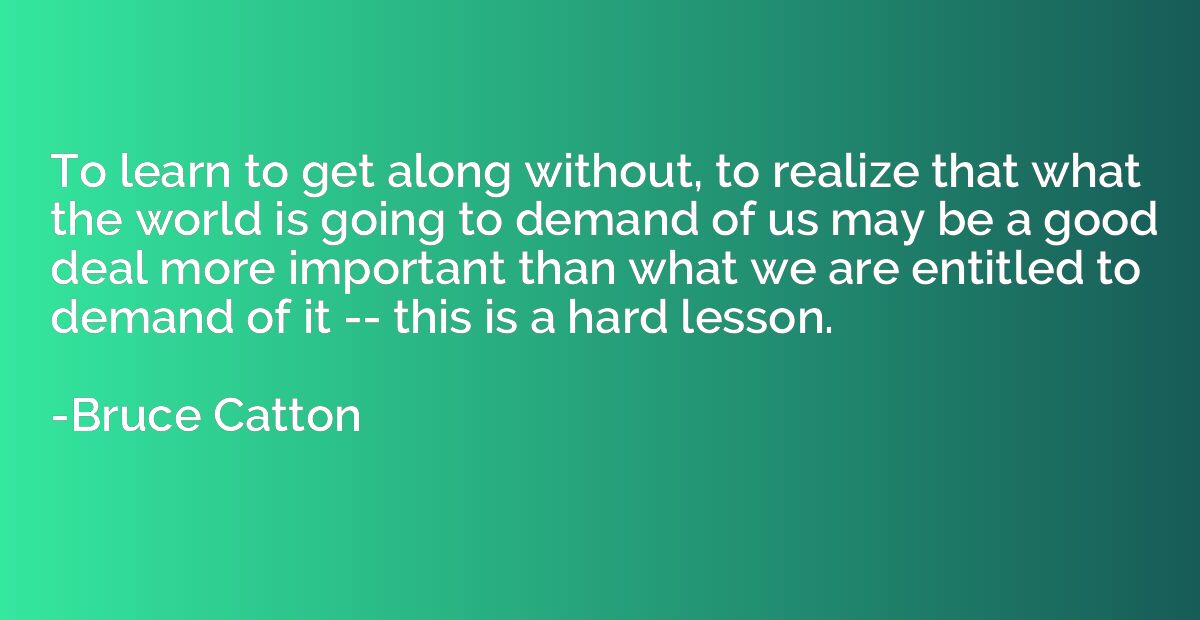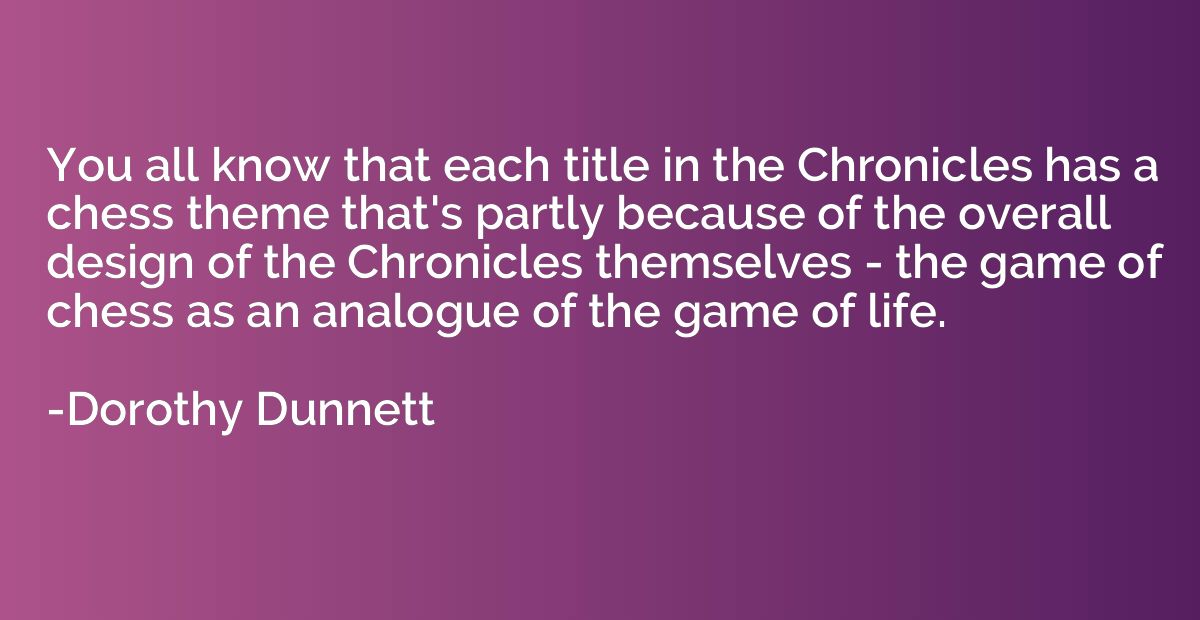Quote by John Stuart Mill, On Liberty, Ch
But the peculiar evil of silencing the expression of an opinion is, that it is robbing the human race; posterity as well as the existing generation; those who dissent from the opinion, still more than those who hold it. If the opinion is right, they are deprived of the opportunity of exchanging error for truth: if wrong, they lose, what is almost as great a benefit, the clearer perception and livelier impression of truth, produced by its collision with error.
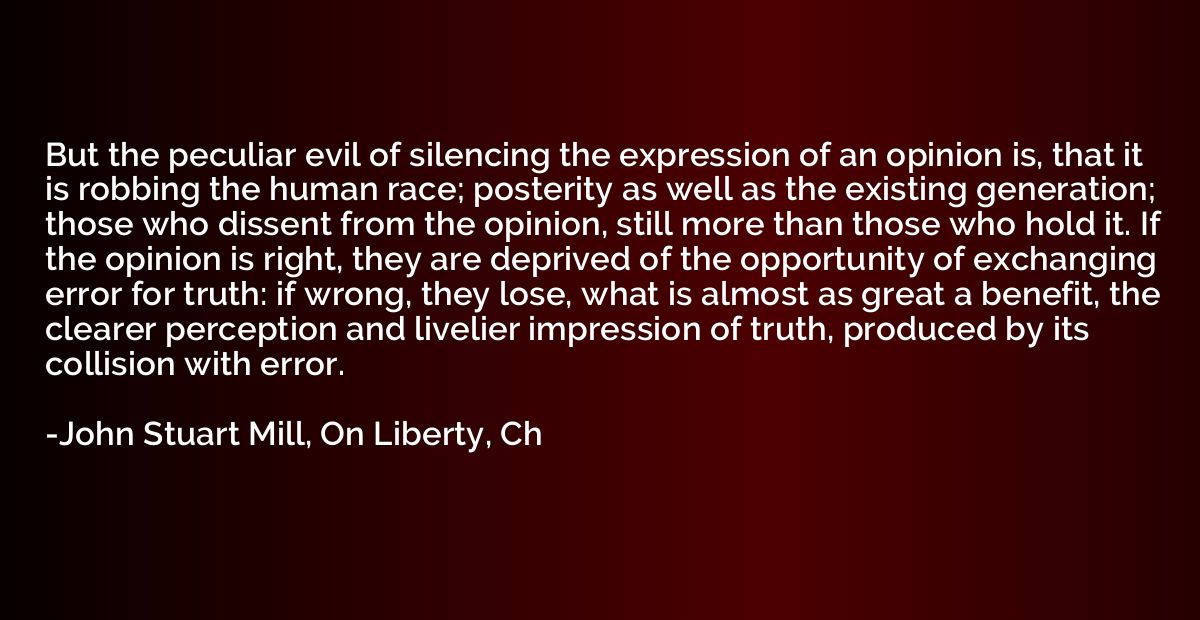
Summary
The quote suggests that silencing someone's expression of an opinion is a unique kind of injustice because it not only harms the present generation but also deprives future generations. Those who disagree with the opinion suffer the most, as they are denied the chance to replace their own errors with the truth. Even if the opinion is incorrect, the opportunity to engage in debate and confront opposing views is valuable, as it sharpens one's understanding of the truth through the clash with falsehood. Thus, silencing opinions hampers intellectual growth and hinders the progress of society.



